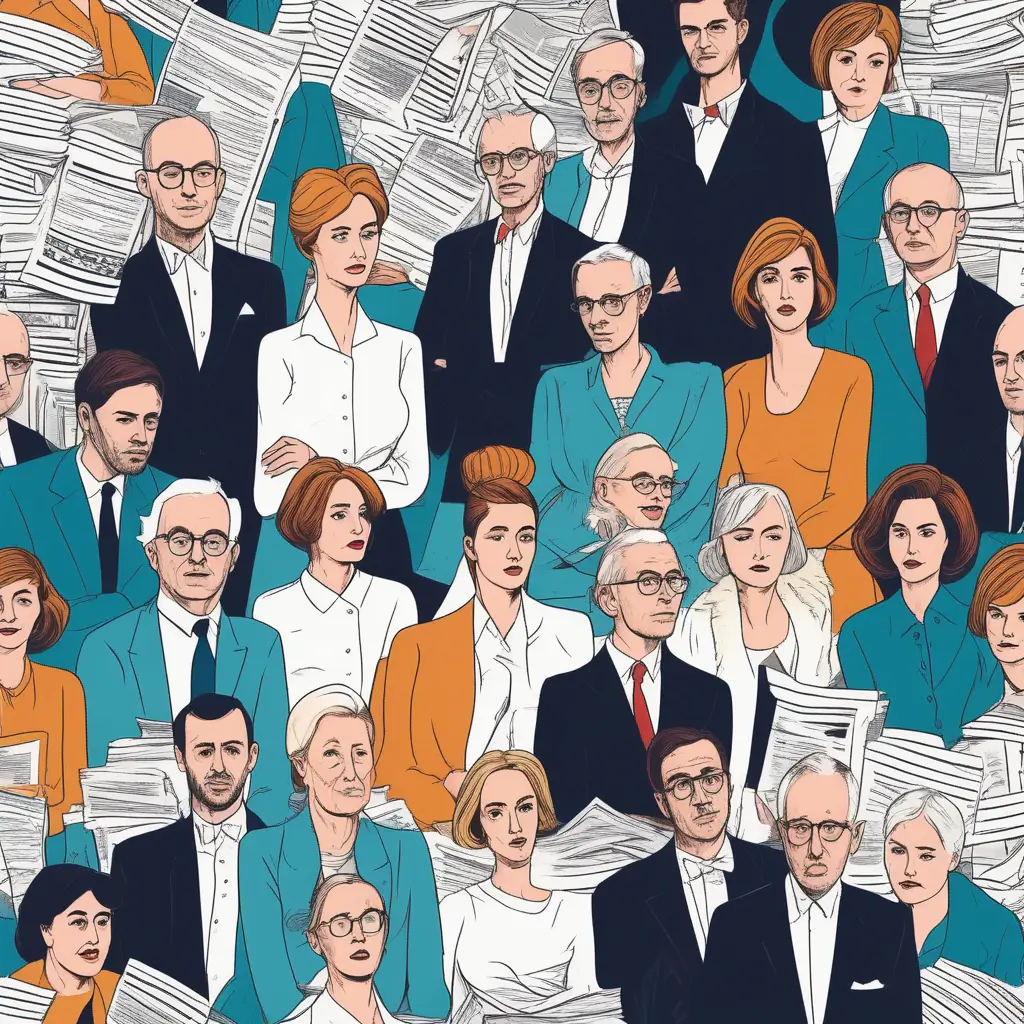Why Higher Taxes Will Not Solve Britain’s Crisis

The True Cost of Taxation
For most British households, tax is the single largest expense over a lifetime—far exceeding the cost of a home, car, or utilities. The TaxPayers’ Alliance calculates the average household will pay £1,277,580 in tax during its lifetime, with income tax alone surpassing the average house price in every UK region, even London.
Despite this vast sum, the value received in public services is questionable. If households retained those funds to provide for healthcare, education, and pensions directly, the majority would be better off. Much of what is paid is lost in the machinery of government, with a significant proportion never returning to the taxpayer in tangible benefits.
The Reluctance to Reduce Spending
Why, then, is there little political appetite for lower taxes and reduced public spending? The answer lies in a fundamental shift in attitudes. Emergency pandemic spending, once described as exceptional, has become embedded in government budgets. State outlays remain far above pre-2020 levels, with little momentum to return to past norms.
Reeves’ Pledge for Further Tax Rises
The Chancellor, Rachel Reeves, has signalled her intention to raise taxes again, contradicting earlier manifesto assurances. Her team has floated multiple proposals: freezing thresholds, taxing savings and investments, increasing capital gains and inheritance taxes, and more. All these options ignore the reality—UK taxes are already at their highest in seventy years.
Historical Perspective: Government Spending and Growth
Before 1909, state spending rarely exceeded 10% of GDP. The world wars drove this figure higher, and since then, the state’s share has never fully returned to pre-war levels. The 1970s economic malaise was directly linked to high government spending. In contrast, the Thatcher era saw state spending held steady while the private sector grew, shrinking the state’s proportion of GDP.
At the start of the 21st century, government spent 34p of every pound. Today, it spends 45p—leaving little space for private enterprise to drive growth.
| Year | State Spending (% GDP) |
|---|---|
| Pre-1909 | <10% |
| 1980 | ~45% |
| 2000 | 34% |
| 2025 | 45% |
The Consequences of Excessive Taxation
People respond to incentives. Higher taxes reduce the proportion of income people keep, discouraging effort and productivity. Handouts unconnected to work have the same effect. The more government spends and taxes, the less dynamic the economy becomes.
A recent book, Prosperity Through Growth by Art Laffer and colleagues, argues that government should restrict itself to core functions: defence, justice, and essential education. Everything else is better left to individuals and the private sector. When government expands beyond these limits, every pound spent slows economic growth.
Key Points from Prosperity Through Growth:
Limit government to essential services only
Cut spending to lower, simpler taxes
Abolish taxes that harm savings, investment, and inheritance
These ideas, the authors note, were once uncontroversial. Today, they are dismissed by the political establishment as “impossible.”
Hidden Taxes and Their Impact
Governments have become adept at collecting taxes indirectly: through corporation tax, employer National Insurance, and PAYE. Many are not even aware how much they pay. Over the past quarter-century, the tax system has become less flat, with far fewer adults contributing income tax at all. But the economic effects are felt across society: sluggish growth, reduced opportunity, and a shrinking private sector.
The UK will borrow £137.3 billion this year; £111 billion of that will go solely to interest payments on existing debt. None will reduce the actual debt. This is unsustainable.
Conclusion
Raising taxes further, as Rachel Reeves proposes, will only exacerbate Britain’s economic stagnation. The problem is not a lack of revenue, but unchecked government spending. The nation’s future prosperity depends on returning to sustainable levels of expenditure and restoring incentives for work, saving, and investment.
“We are eating the seed corn. To snatch at immediate revenue, we are reducing future income.”
Next Steps for Contractors and Small Businesses
Review your tax planning and ensure you are not overpaying
Engage with industry groups lobbying for lower, simpler taxation
Consider the long-term impact of rising taxes on your business decisions
For ongoing analysis and guidance, subscribe to our newsletter.



